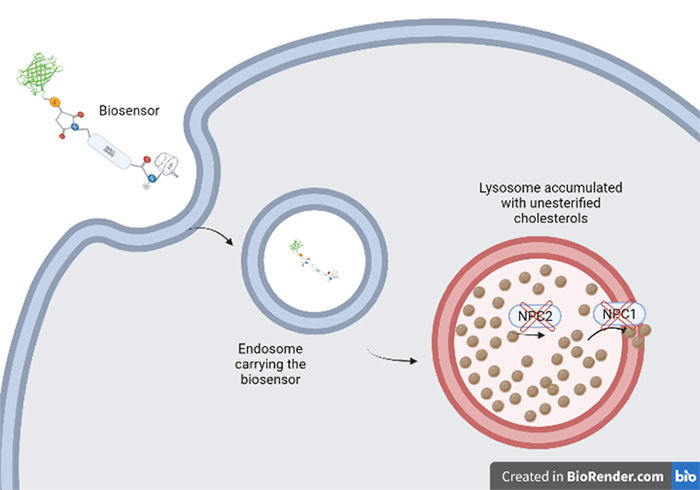Profile

Nationality : Nepalese
Keywords : Biomonitoring, Fluorescence probe, Heavy metals, Macroinvertebrate, Turbidity
Research advisor : Prof. Takeshi Fujino
Why I entered GSC program
Technology advances are driving force of development and it makes much easier and comfortable lifestyle of human lives. However, various kinds of pollutants are released into the earth surface during the development processes. Such effect can be seen after the sudden release of pollutants, whether many chemicals affect chronically as a slow poison and damage the whole processes. As a student of environmental science in the Green and Sustainable Chemical Technology program, I may be part of the solution facing various problems in recent years. Furthermore, Japan is a technologically advancing country with the best education system in technology development and research. Lots of efforts are used to protect the natural environment, which might be a great lesson for such a student who comes from developing countries like me. In addition, advanced laboratories and renowned professors in this graduate program make me seek to admit in Saitama University. So, I can learn more and be a part of sustainable solution of chemical pollution.
Research title
Ecotoxicity of sediment-associated heavy metal pollution on benthic macroinvertebrate in turbid water
Research abstract
Transportation of loose particles from land surface to the rivers, lakes and oceans is common natural phenomena. However, rapid developmental activities can cause excessive amounts of particles and pollutants transported to the freshwater system, contributes the degradation of river quality. Turbulent water flows with the loading of suspended sediments and its associated heavy metal pollution are the major problems in the headwater of lotic environment. Benthic macroinvertebrates are essential organisms of aquatic ecosystem that show quick responses to the change in aquatic environment. Field based monitoring is common for the bioaccumulation and ecological risk assessment on aquatic invertebrates. Identifying the acute and instant effect of high flow water with load of heavy sediment particles is quite difficult in the natural system stream. Although very few studies are attempted under the control environment but mainly focused on single parameter used. Thus, the aim of this study is to analyze the instant water turbidity effect on benthic macroinvertebrates and to identify the combined effect of sediment-associated zinc and cadmium pollution on macroinvertebrates in turbid water using the low molecular weight fluorescence probe.
Graphical abstract




